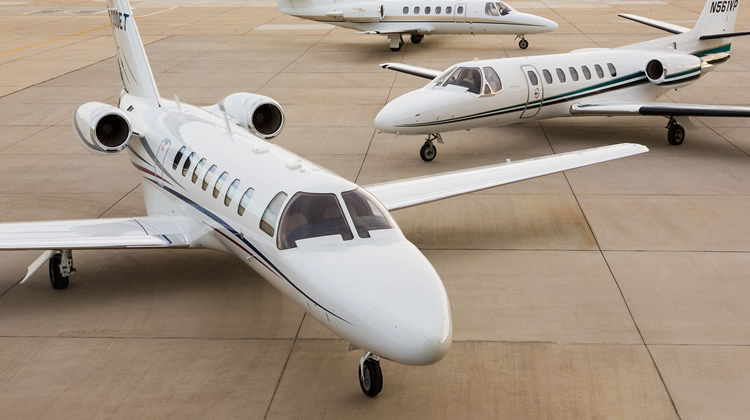The Nigeria Customs Service (NCS) has announced a significant extension of its verification exercise aimed at private jet owners, moving the deadline from October 14, 2024, to November 14, 2024. This decision stems from recent reports indicating that the government is preparing to ground over 60 private jets due to unresolved import duty fees that have accumulated to several billion naira. The Customs Spokesperson, Abdullahi Maiwada, shared the news via a Facebook post, indicating that this new time frame is meant to facilitate those operators who are willing to regularize their outstanding fees.
The extension is particularly aimed at engaging operators who have shown an interest in complying with the proper import duty regulations for their privately owned aircraft. Initial enforcement was set to begin on the original deadline, but the NCS has chosen to provide an additional opportunity for compliance, acknowledging the importance of allowing stakeholders to rectify their situations before facing possible repercussions. The announcement emphasizes the need for transparency and accountability within the aviation sector, signaling a determined effort from the government to ensure legal conformity regarding the importation of private jets.
Recent documentation reviewed by the media revealed a looming enforcement action by the NCS, which had scheduled operations that could result in the grounding of jets belonging to influential individuals if they failed to address their non-compliance with import duties. The NCS’s decision to extend the verification period highlights a shift toward a more cooperative approach, allowing these operators a final chance to fulfill their financial obligations related to import duties. By doing so, the NCS hopes to promote a more structured and lawful aviation environment in Nigeria.
In reinforcing the commitment to uphold import duty laws, the NCS has expressed its dedication to maintaining the integrity of the country’s aviation sector through rigorous enforcement measures. The Comptroller General of Customs, Bashir Adewale Adeniyi, has recognized the importance of this initiative and acknowledged the cooperation from affected stakeholders during this verification period. The NCS’s actions reflect the government’s broader goal of encouraging compliance and deterring future violations related to the importation of aircraft.
In light of the extension, the NCS has strongly encouraged aircraft operators to utilize this additional month to address any outstanding duties. This proactive stance aims to avert sanctions that may be imposed on those who fail to comply after the extended deadline, reinforcing the urgency for all involved parties to take action. The NCS appears firm yet cooperative, seeking to engage private jet owners constructively while underscoring the legal ramifications of continued non-compliance.
Overall, the extension of the verification exercise underscores the government’s commitment to regulatory compliance in the aviation sector while fostering a climate of accountability among private jet owners. By allowing for this additional time for compliance, Nigeria hopes to mitigate potential challenges that may arise from mismanagement of import duties. This effort not only aims to uphold the law but also to stabilize the aviation industry, thereby enhancing transparency and promoting fairness in the oversight of privately owned aircraft within the country.














